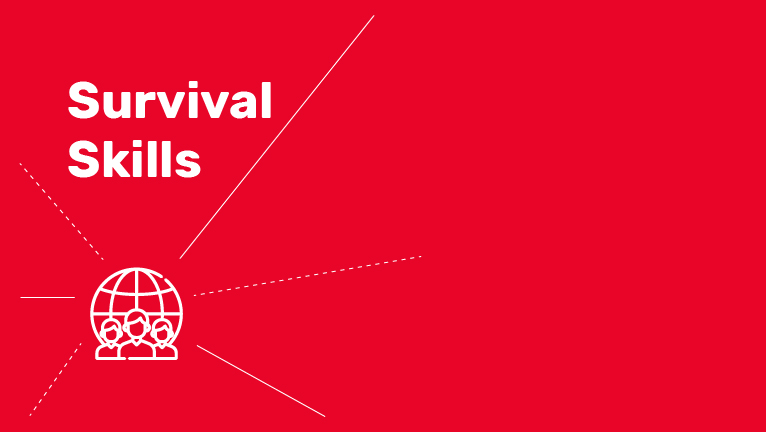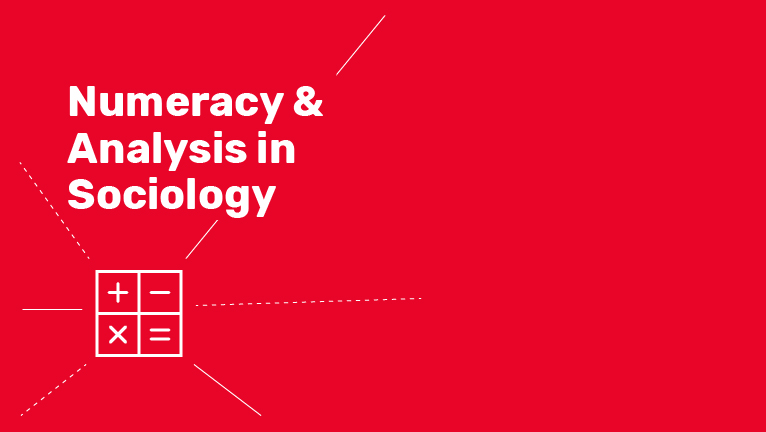Skills for Success Sections
Course focuses on generic skills needed for university and career success and democratic citizenship. Includes critical literacy, numeracy, research, analysis, and skills essential to everyday survival in academic environment. All skills developed through the process of active and collaborative learning. Participants work with others and apply insights to everyday life.

How to find help with personal and academic problems before become critical. Everyday skills needed in university environment including how to take notes, how to read effectively, time management, and how to write tests. The relevance of survival skills to future jobs. All developed through dealing with real scenarios, case studies, and questions.


What is a thesis? What is the difference between a topic and a thesis. How to develop a thesis of relevance for academic papers. The centrality of a thesis to the writing process. Distinctions between explicit and implicit theses.


Focuses on how to identify information relevant to theses or arguments in papers etc. Online and other sources of relevant information. Differences between scholarly and non-scholarly information. Appropriate use of each. What constitutes evidence? How to distinguish between good and bad evidence. Use of research in job contexts.


Deals with grammar; paragraph construction; essay, report, and book review writing; plagiarism, referencing and footnote usage. Emphasis on writing, re-writing, and identifying errors in writing of others. Relevance of writing to future jobs. Given the centrality of this skill, utilization of the skills developed will be expected continually throughout the course.


Focuses on basic skill necessary to calculate elementary measures such as standard deviation. Examination of different types of arguments embodied in sociological texts and how to identify them (inductive, deductive, hypothetical-deductive, inverse-deductive); synthesizing different views; identifying bias; assessing credibility of argument. Occupational applications.

